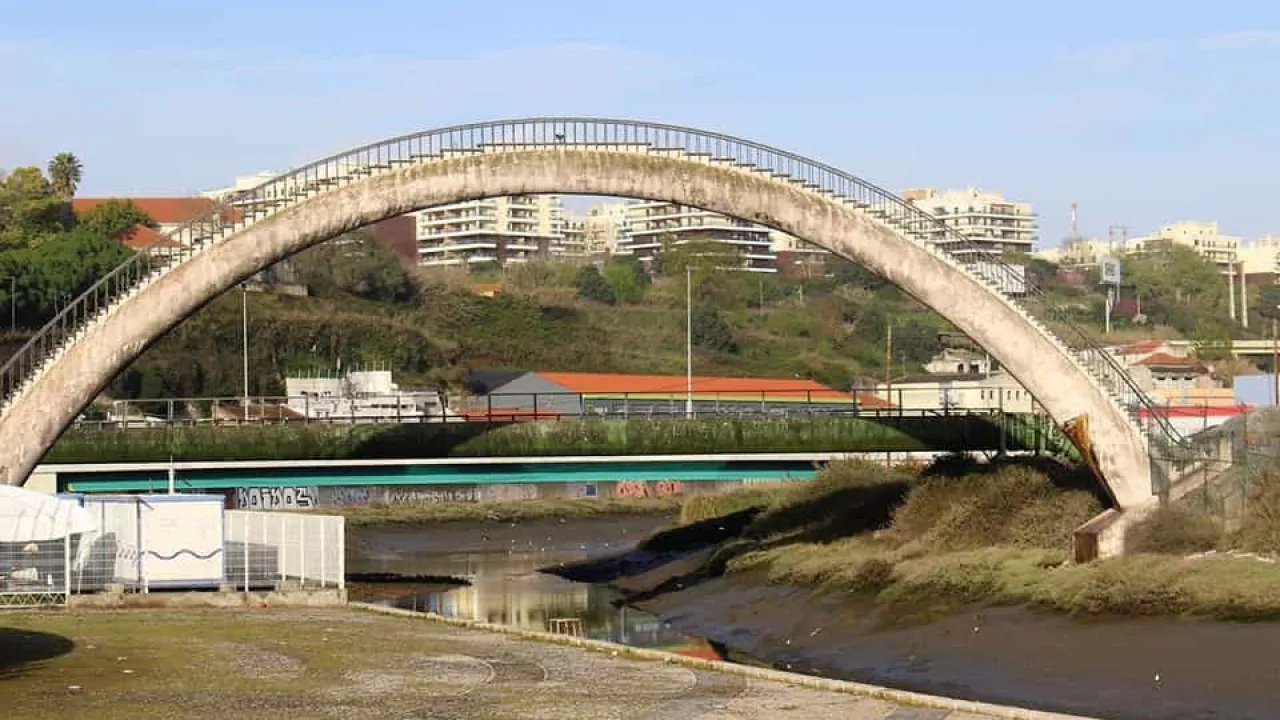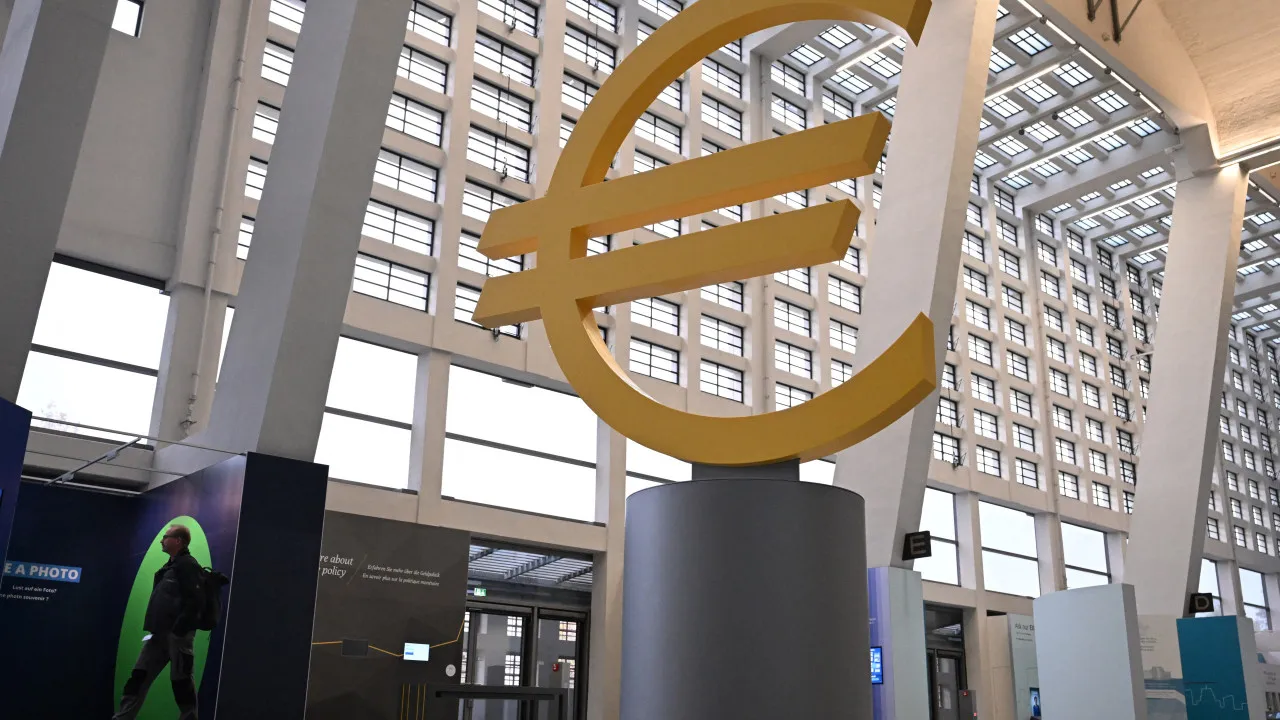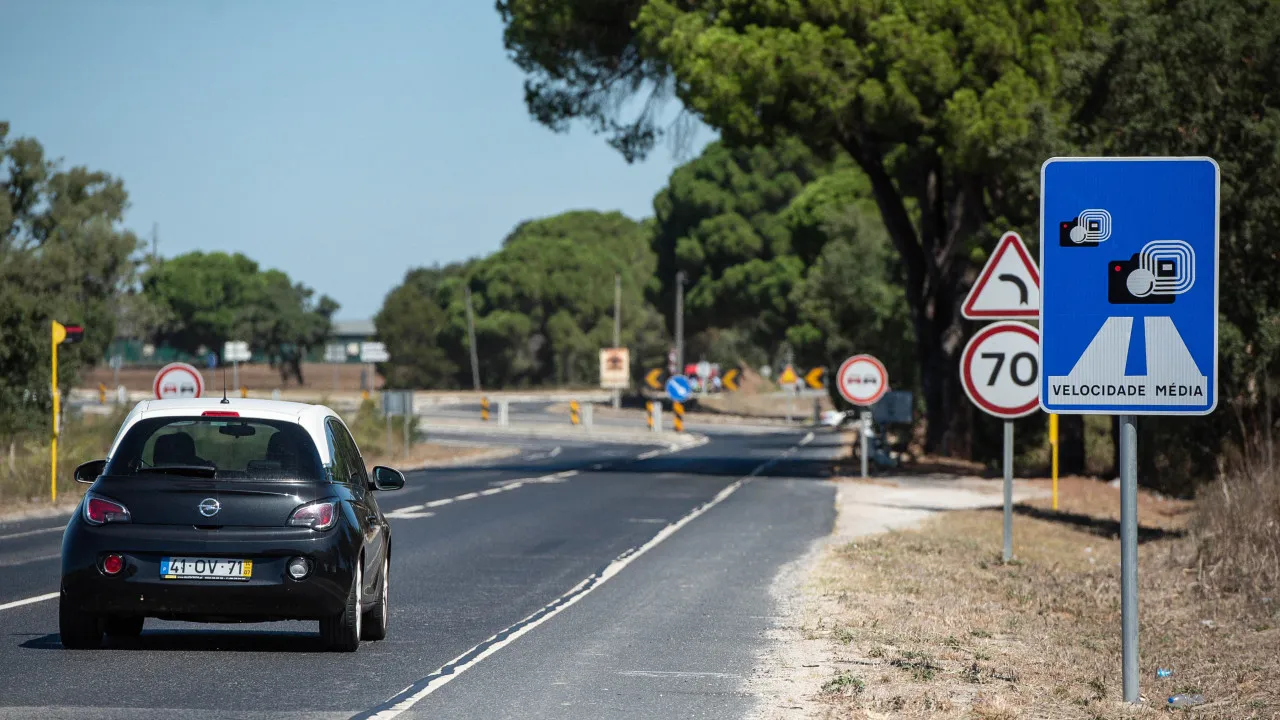The insurance deal of the year produces new leadership in Portugal, unsettles syndicates, and will reorganize Tranquilidade/Generali again with the integration of Liberty. Find out what changes with this deal.
The purchase of Liberty’s European unit by Generali is raising questions about the future of the Portuguese market and about the way in which Tranquilidade, the Italian insurer’s brand in Portugal, and Liberty will orient and position themselves in the market from now on.
To begin with, the arithmetic sum of production and market shares based on 2022 data from the Portuguese Insurance Association (APS) indicates that Tranquilidade/Generali now reinforces the third position in the Portuguese ranking, being closer to the Ageas Portugal Group.

The whole business of buying Liberty Europe ended with Generali’s success for the sum of 2.3 billion euros, meaning it closed well above the billion initially expected. With 1.2 billion premiums written, a little more than 200 million euros of net income, considered for accounting purposes but legally inflated, seems a high figure, so much so that its European portfolio is essentially automobile and housing, sectors that are going through an unfavorable conjuncture, with inflation causing unusual increases in claims costs.
The justifications for this figure, for the deal, are only read in the press releases of Liberty Seguros, the European business of Liberty Mutual that has now been sold and which centralized in Madrid the operations of Portugal, Spain, Ireland and Northern Ireland, and of Generali which states that “the transaction generates additional economies of scale across the Generali Group, thanks to cost savings, IT optimization and cross-selling of products.”
It should be added that Liberty Seguros is heavily capitalized, and had a solvency ratio of 330% at the end of 2022, more than three times the 100% that regulators consider the limit below which an insurer’s solvency factors need to be corrected. On Generali’s balance sheet, the operation’s impact on solvency will be negative by -9.7%, hardly significant, since in March of this year the Italian insurer had 227% on this indicator.
With this acquisition, Generali becomes the fourth largest Non-Life insurer in Spain, reinforces its second place in this segment in Portugal with a 22.3% share and enters directly into the Irish top 10. The high price is also the result of competition for the business between financially powerful groups, Allianz, Axa and Grupo Catalana Occidente. Viewed as a long-term investment, sources close to Generali identify the purchase as strategic in branches that, they believe, in the medium term will return to a technical balance.
Despite these explanations, the final price was always a surprise, because during the negotiations little was known. Bank Of America, which was appointed to conduct the sale, was asked several times to give statements to ECOseguros, and to all of them it replied that it had no comment. The same secrecy applied to Liberty’s lawyers, the law firm Skadden, Arps, Slate, Meagher & Flom. Nothing came out of the Italian side either. Citigroup and Credit Suisse were financial advisors, Clifford Chance, Morais Leitão, and Matheson acted as legal advisors to the transaction. Liberty and Generali referred to their official press releases for details about the deal.
Also from a legal point of view, the transaction needs the approval of the regulators of all countries involved, i.e. the United States, Italy, Ireland, Spain, and Portugal, although no competition problems are foreseen.
Then there is still the possible separation of Liberty’s assets and businesses by each of the three markets. Generali is studying various legal organization scenarios, but for now the acquisition has been made by parent company Assicurazioni Generali SpA from Liberty Mutual’s European holding company.
Another integration process for employees
Liberty in Portugal has a business of €253 million a year, 833,000 customers and has – according to company data – 533 employees, spread between its head office in Lisbon, the Technical Pole in Porto, and the main cities on the mainland and the islands. It also has more than 1550 professional insurance agents who work as business partners and are the insurer’s preferred distribution channel.
Tranquilidade also has a distribution based on agents, informing that it has 2,500 points of sale – 80 Brokers, 2,100 multi-brand agents and 350 exclusive agents and announces almost 2 million customers. It has a business of 1.2 billion premiums per year, about 1,100 direct employees and almost 2 thousand people in total, considering Advance Care and Europ Assistance as part of the Generali group in Portugal.
With the group having finished in 2019, a process of incorporation of Tranquilidade into Generali, a new episode of integration is coming. José António Sousa, who led Liberty Portugal until 2018, when the mutualist’s European operation was centralized in Madrid, wrote a recommendation to Pedro Carvalho on Twitter. He told him to choose “the best talent to get the job done”, which allows a fair and meritocratic evaluation for all positions where there are redundancies, and not the “Genghis Khan” method with which buyers usually treat the purchased ones”, he concludes.
Patrícia Caixinha, president of the Board of STAS – Union of Insurance Industry Workers, the most representative of the insurance industry and affiliated to UGT, confirms that communications regarding this process have already been made to the employees/workers at both Liberty and Generali, as well as to the unions and other structures representing the workers.
“I have to express some emotions regarding this sale”, Patrícia Caixinha told ECOseguros, adding that “as the most representative union in the sector, we are obviously concerned with Liberty’s workers, but also with those of Generali, who have been suffering the effects of successive merger processes, which are not always managed in the best way”. The president of STAS comments: “we well know that for now there’s no talk of a merger, but rather a change of shareholder, but as they say in Portuguese, a cat that is boiled in cold water is afraid”.
Acknowledging the attitude of both Liberty and Generali, which “readily made themselves available, in conjunction with the trade unions, to carry out this acquisition process in the most serene manner possible and safeguarding the rights of the employees of both parties involved”, the union member recalls that Liberty is currently the only insurance company operating in Portugal under an exclusive telework regime, which presupposes that there may be a less evasive integration of this business. As for Generali, she refers that “the reservations are even greater due to the history resulting from the successive mergers that the people of this company have experienced in recent times, despite the good will shown by the administration”, she concludes.
With regard to human resources, ECOseguros was able to ascertain that the situations will be more favorable today. Liberty already had central functions spread across Spain, Portugal and Ireland, Tranquilidade has just gone through a merger process. In the technological area, Liberty has real value in the areas of CRM (customer relationship software) and Artificial Intelligence, and the talent in these areas is to be maintained.
Brands, agents and market shares
Liberty, as a brand, will disappear from the three markets, Genesis perhaps not, comments a source with knowledge of the business. It is normal for Liberty Mutual to want to keep its brands, and it is also normal for this to happen. Generali itself, when in 2021 it bought the AXA subsidiary in Greece, becoming the second largest insurer in the country after Allianz, had only a few months to make the entire image of the French group disappear.
And if the Portuguese Generali managed to convince Trieste (the city where its headquarters are located) to keep the Tranquilidade brands in Portugal – and Açoreana in the archipelago – the more obvious thing is to quickly replace the entire Liberty image. The autonomy of the Portuguese company is, according to the same source, very respected and the relations with the group do not necessarily pass through Spain, they go directly to the different units in Europe. “Relocation is not even on the horizon,” he concludes.
Managing the two existing networks and taking advantage of them to ensure a more complete geographical distribution of the country will be one of the challenges facing Pedro Carvalho, CEO of Tranquilidade. Another important and complementary point is the fact that Liberty has not favored relationships with brokers, unlike Generali’s brand.
A characteristic common to Tranquilidade and Liberty is also a minor presence in the Life branch, which represents half of the national market value, and a strong presence in the Workman’s Compensation and Auto segments.

Among the 10 largest groups or single insurers in 2022, only Generali and Liberty together have 7% of their sales through Life insurance. This segment is essentially fed by the bancassurance channel, in which Tranquilidade is now taking its first steps post-BES, after taking equity in Banco CTT and also signing an agreement with the Post Office to start selling savings products.
With the merger with Liberty, Tranquilidade becomes the market leader in workmen’s compensation and auto insurance, with Fidelidade remaining the largest insurer in all other lines of business. However, it is a leadership that will be disputed in these segments. In multi-risk insurance, Tranquilidade distances itself from the Ageas Portugal Group.

For the Portuguese market, this new reality means less choice for agents, brokers, service providers. This merger maintains the general consolidation steps of the companies’ market, in a phase in which it is the distributors that are looking for dimension to be able to discuss conditions and business on a level playing field.






